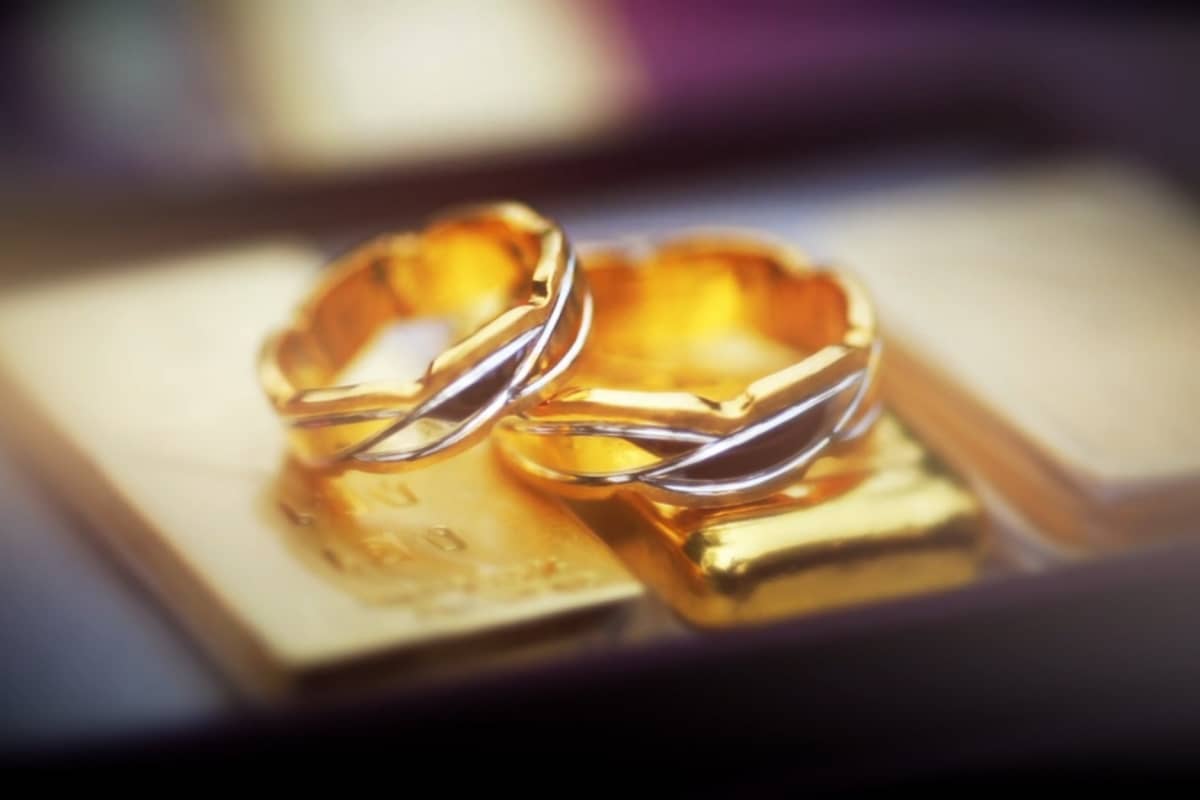Gold Durability: Comparing 10K, 14K, 18K, 22K, & 24K
Did you know that different karats of gold have varying levels of durability?
By Jane Pardo | Updated December 30, 2023
Lower karats are much more durable and do not get damaged easily. In contrast, high-purity gold is more vulnerable to scuffs and other damage.
Pure gold is, in fact, virtually indestructible but very easy to scratch!
Keep reading to learn more about the durability of this precious metal and discover the best option for your needs.
Durability level of different gold karats
Because the purest form of gold is very soft, manufacturers combine it with other metals to make it stronger, more durable, and damage resistant.
This process results in varying gold fineness levels, categorized using the karat system.
Mixing gold with metals like copper, silver, zinc, and nickel can create a distinct color, such as white gold and rose gold. It also creates different uses for gold.
10k gold durability
With a 37.5% gold purity, 10k gold is the least pure but the hardest, most durable, and most affordable type of gold.
- 10k gold is highly resistant to damage like scratches, scuffs, and dents.
- It withstands daily wear and tear, making it a popular choice for charm bracelets, earrings, and necklaces.
Even though it contains less pure gold than higher karat weights, 10k gold is still real gold that has been mixed with other metals like silver, zinc, nickel, or copper.
14k gold durability
This karat contains 58.3% gold. It’s slightly less durable than 10k gold.
- It’s the most popular type of gold for making jewelry as it offers a good balance of affordability, durability, and value for money.
- 14k gold is an excellent choice for engagement and wedding rings, necklaces, pendants, and other everyday accessories.
- It’s durable enough to hold diamonds and larger gemstones.
18k gold durability
18k gold has 75% gold, so it’s softer and less durable than lower karats.
- It’s more vulnerable to damage, which means it’s not suitable for frequent wear and tear.
- 18k gold is perfect for luxury jewelry pieces, like watches and ornate necklaces, due to its high purity and rich golden color. It’s also a good choice for plain wedding bands or those with small gemstones.
- 18k gold jewelry is excellent for special occasions. You can cherish it for a long time and pass it down from one generation to the next.
22k gold durability
This high-purity gold is 91.7% pure.
- 22k gold is much softer and less durable than lower gold karats.
- It’s prone to scratches and not strong enough to hold gemstones like diamonds.
- 22k gold is the purest form of gold used in crafting jewelry. However, it’s typically suitable for simple jewelry like plain wedding bands.
24k gold durability
24k gold is 99.9% pure. It’s the purest and most expensive of all gold forms.
- Pure gold is malleable and nearly indestructible. This means it’s easy to reshape without breaking, rusting, or tarnishing. Pure gold can only be dissolved by a special type of acid but it cannot be destroyed!
- However, it’s too soft and easy to damage.
- Pure gold items scratch easily. They can get scuffed and unattractive, so manufacturers add metals to make pure gold more damage resistant.
- 24k gold is ideal for investment purposes. It’s typically used for making gold bars and coins. It’s also a valuable component in many electronic and medical devices.
FAQs
What gold karat is the best choice for rose gold and white gold jewelry?
14k gold contains the ideal alloy percentage to create lovely rose gold when combined with copper or icy white gold when mixed with nickel or silver. It’s also very durable and damage resistant. These qualities make it the best choice for rose gold and white gold jewelry.
Are 10k and 14k gold durable enough for daily use?
10k and 14k gold are durable enough for daily use. But it’s best to remove them before engaging in strenuous physical activities like cleaning and exercising. Additionally, avoid chlorine, bleach, and other harsh chemicals that may cause gold discoloration and damage. Remember to store your gold separately in a soft cloth or jewelry box to prevent scratches.
Written by Jane Pardo

Jane Pardo is our senior gold & silver expert. Jane lends insight into precious metals investing, collecting, testing, and maintenance.
Trending posts under
As participant in an affiliate advertising program, we earn from qualifying purchases.